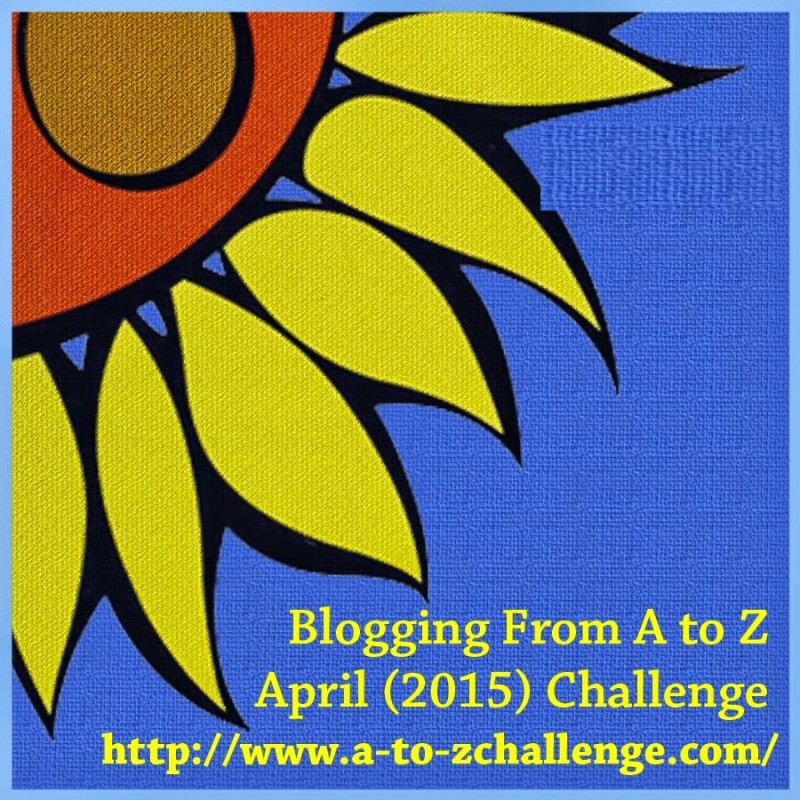ane Austen is once again one of my favorite figures from childhood and teenage reading, and I often wonder why she wrote only six books. She is an absolute delight to read.
But as I grew up and started developing the so called ‘liberal’ viewpoint and challenging all traditional structures and hierarchies (gender, class, caste etc), it also became more and more difficult to accept her writing. I recognized that within the limits of her mileu, Austen still tried to subtly challenge boundaries and liberate her characters. But she still accepted the larger social boundaries. For instance, social Class was to be respected always, and her heroes and heroines always seem to marry within the same ‘social class’, even if there are differences in their actual economic background.
This liking for a book, along with a conflict with the values the book espouses has troubled me with other books as well. I have written earlier about how Gone with the Wind is my favorite book, but I cannot accept the way it legitimizes slavery.
And my journey with Jane Austen is significant only because by reading her, I became able to reconcile with the notion that people may have different views from you on certain things, and it was still possible to like what they did otherwise. There was no way I could turn away from her books, no matter how earnest and red hot my liberal views were. They were still a delight to read. So I learnt to deal with my value conflict, I learnt to accept and appreciate what she wrote within her own context, I realized that not all writers were social reformers, and they wrote about their world, not with the intention of changing all that was wrong with their world. Most importantly, it taught me to accept and deal with people who thought differently from me.

I feel that way when I read Georgette Heyer! All her female protagonists are fiery…they challenge the men in every way possible…but in the end, they’d be “tamed” by the hero! And ofc, the social class thing. The females could come from so-called noble families who may have fallen upon hard days, but the men were always rich and macho! But I still enjoyed those books…I can only imagine how it must have been for the writers in those days! I also realize that it’s women like Austen and Heyer who paved the path for women like us, no?!
So true Henri. In our own times, I have heard women proudly declare that they are not ‘feminists’ but people who believe in equality of men and women (huh??) . I have even been told that I am a feminist because I have an insecurity problem. If we still face these comments, who are we to judge Austen or Heyer.
I’ll admit some books I just enjoy – even when the helpless female is rescued by the hero. I don’t feel guilty about it.
http://carolsnotebook.com
Hey Div… I’ve been silently enjoying reading your post for the last few days… Really enjoy reading your point of view and I think its great that you are able to not only reconcile some of these tough issues but also articulate them so well 🙂 Cheers on that!
This post really struck a chord because I’ve often had the same experience when I re- read classics that I thought I really loved as a kid… I vividly recollect really enjoying these books (Pride & Prejudice, Little Women, Taming of the Shrew! Etc) as a kid and am thoroughly disappointed by the book and in myself when I read them now.
It goes a long way to say that if I thought these books showcased values that were acceptable, nay delightful, just a mere 20 yrs ago then the authors and readers from 200 yrs ago 200 yrs coud not have possibly seen the glaring inequities that I see in such literature today.
This conundrum I’m faced with now is whether I will ever be able to share such literature with the next generation. On one hand I wouldn’t want to deny them good literature but on the other hand I wouldn’t want them to start life believing that the values these books espouse are in any way the norm….
Anyway, that’s my conflict… Great read! And don’t stop after the 30 days are over!
Hi Tina, Yes I also constantly wonder if I should introduce classics to my kid, for the very same reasons. But I guess, we all read the classics and accepted the values at 15, but are challenging those values at a later stage. We should probably trust that our kids will also eventually develop this critical thinking, perhaps even faster than we did, because they have so much more exposure. With canon and fan fiction, they even have a choice of changing things. What we can probably inculcate in them is the idea that the story is but a point of view. There are always other contrary points of view. I was having this discussion with a friend, who told me that when she narrates fairy tales to her son, he constantly identifies only with the villain. We were talking of rewriting these popular tales from the perspective of the villain. This was an assignment we had in college, to help us get out of stereotypes, but I guess, with our kids, we can start these much earlier, so that they dont create the stereotypes in the first place.
[…] have written earlier in this series, about the dissonance we have after reading some of our favourite classics and trying to reconcile the values t…. As part of the discussion following the post, I suggested that while discussing these stories with […]